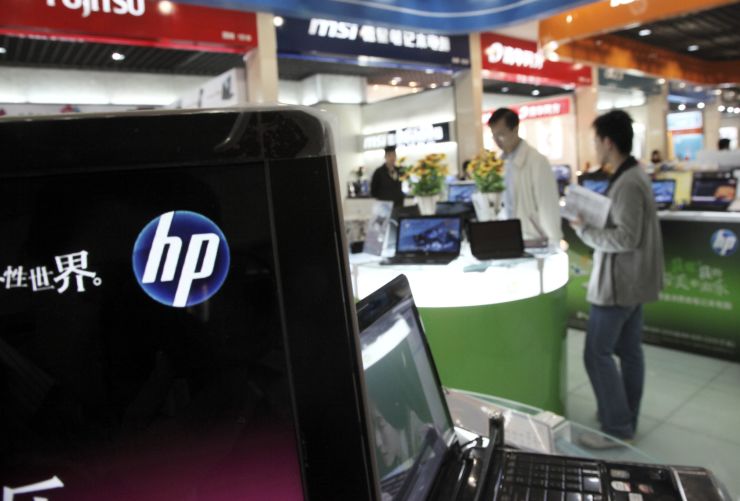
While the U.S. and China are locked in a trade dispute over Beijing’s treatment of foreign firms, many foreign companies say there’s one area with some positive change: intellectual property.
The American Chamber of Commerce in China said Tuesday that 59 percent of its members believe Beijing has improved its enforcement of intellectual property protection in the last five years. The survey of 314 member company representatives between Nov. 13 and Dec. 16 also found more members said enforcement in trademark and brand protection improved between 2016 and 2018.
“I think the statistics that we showed indicate that there’s a feeling there’s been a modest improvement in enforcement in the judicial system (on intellectual property rights),” Timothy Stratford, chairman of AmCham China, said during a press conference in Beijing on Tuesday.
While Beijing has generally acted far more slowly than foreign businesses would like, the improvement in sentiment and latest developments do indicate progress in the right direction. Late December last year, Beijing announced that China’s Supreme Court would begin hearing appeals on intellectual property rights cases from January. In the past, those cases were only handled by provincial-level high courts.
However, Stratford pointed out that nearly half the respondents from the technology and resources and industrial sectors said they would investment in China if they thought protection of intellectual property were stronger.
In the ongoing trade dispute, the U.S. has accused China of stealing intellectual property and forcing American companies to share technology when they do business in the mainland.
Tensions between the world’s two largest countries escalated last year with each applying tariffs on billions of dollars’ worth of goods from the other. Following several weeks of discussions in Washington and Beijing, Trump said earlier this week he would delay a planned March 1 tariff increase due to “substantial progress” on trade negotiations.
The AmCham survey findings were generally gloomy, in keeping with complaints about an uneven playing field for foreign companies in China’s state-controlled economy and the slowdown in growth there.
Overall profitability fell slightly and business optimism declined, with a notable increase in concerns about rising costs, the report said. The survey also showed nearly one in five companies, or about 20 percent, did not expect their market to grow this year. For more than a third of respondents, margins on earnings before interest and taxes were lower in China than their operations in other parts of the world.
Tech firms as well as resources and industrial companies also said their profitability was hit by increased competition from privately owned Chinese companies.
That said, China remained a top priority in near-term global investment plans for survey respondents, who said growth in domestic consumption is a primary business opportunity.
Subsectors on aerospace, healthcare services and retail and distribution were the most optimistic on China’s investment environment.





























